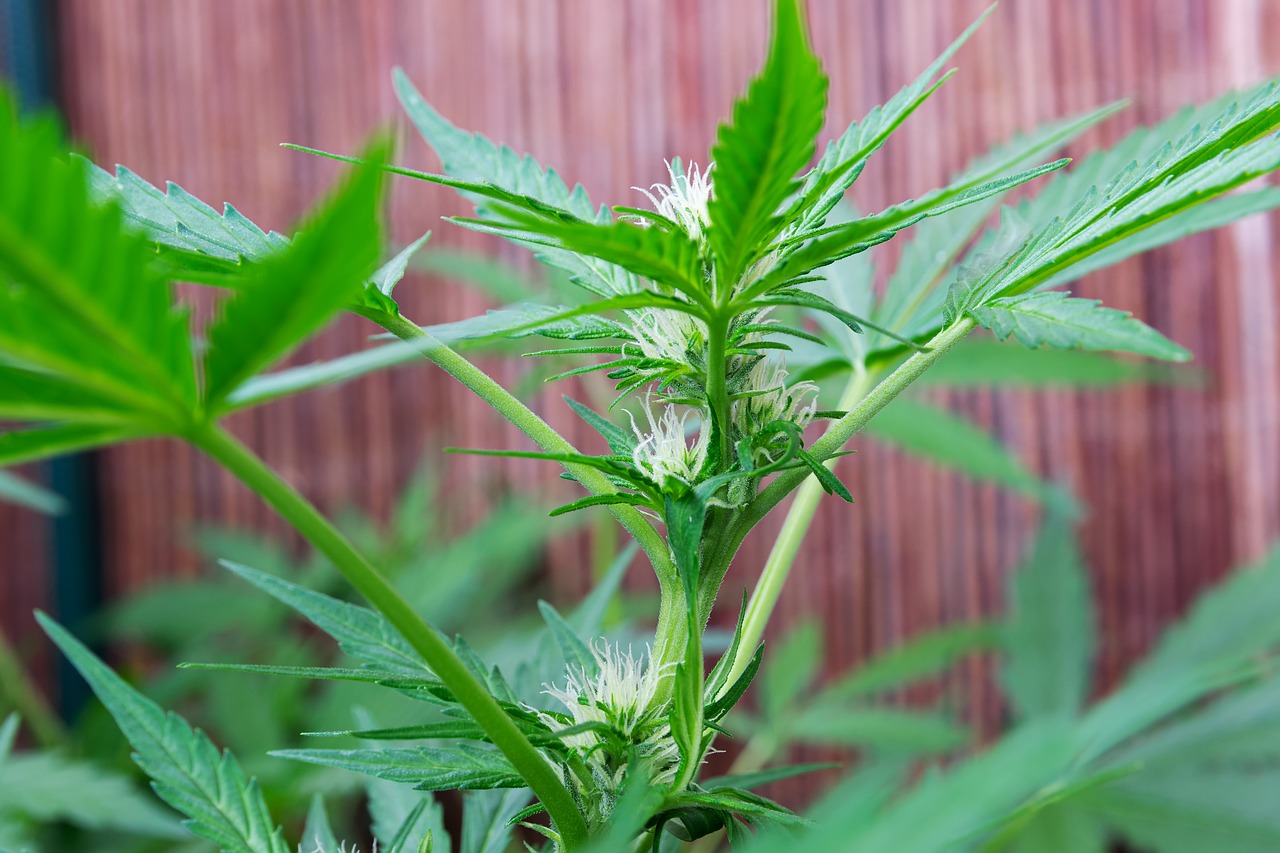- In recent years, the exploration of cannabis and its compounds has gained significant attention, particularly in the context of creativity. One compound that has sparked interest is THCA, or tetrahydrocannabinolic acid. Unlike its more famous counterpart THC, THCA is non-psychoactive, yet it holds potential benefits that may enhance creative processes. This article delves into the relationship between THCA and creativity, offering insights into how this compound might influence artistic expression.
Understanding THCA
THCA is a cannabinoid found in raw cannabis plants. It is the precursor to THC, the compound responsible for the psychoactive effects of cannabis. When cannabis is heated, THCA flower supplements undergoes decarboxylation, converting into THC. In its raw form, THCA does not produce a high, making it an intriguing subject for those interested in the therapeutic and creative benefits of cannabis without the psychoactive effects.
The Science Behind THCA and Creativity
Research into the effects of THCA on creativity is still in its early stages, but preliminary findings suggest that it may influence brain function in ways that enhance creative thinking. THCA interacts with the endocannabinoid system, which plays a role in regulating mood, memory, and perception. By modulating these functions, THCA could potentially foster an environment conducive to creative thought.
Neuroplasticity and Creative Thinking
One of the key aspects of creativity is neuroplasticity, the brain’s ability to reorganize itself by forming new neural connections. This process is crucial for creative thinking, as it allows individuals to approach problems from different angles and generate novel ideas. Some studies suggest that cannabinoids, including THCA, may promote neuroplasticity, thereby enhancing creative capabilities.
Reducing Anxiety and Enhancing Focus
Anxiety can be a significant barrier to creativity, often leading to self-doubt and creative blocks. THCA’s potential anxiolytic properties may help reduce anxiety levels, allowing individuals to engage more freely in creative activities. Additionally, by promoting relaxation and focus, THCA might help artists maintain concentration on their work, leading to more productive creative sessions.
Case Studies and Anecdotal Evidence
While scientific research is still developing, anecdotal evidence from artists and creatives provides valuable insights into the potential benefits of THCA. Many individuals report experiencing enhanced creativity and focus when incorporating THCA into their routines.
- Some painters have noted an increased ability to visualize and execute complex compositions.
- Musicians have reported heightened inspiration and a greater flow of ideas during songwriting sessions.
- Writers have found that THCA helps them overcome writer’s block and explore new narrative directions.
These personal accounts, while subjective, highlight the potential of THCA as a tool for enhancing creative expression.
Practical Applications of THCA for Artists
For those interested in exploring THCA’s potential benefits, there are several practical ways to incorporate it into a creative routine. Here are some suggestions:
- Raw Cannabis Juicing: Consuming raw cannabis through juicing is one way to intake THCA without the psychoactive effects of THC. This method preserves the compound in its natural form.
- THCA Tinctures: Tinctures offer a convenient way to consume THCA. They can be added to beverages or taken sublingually for quick absorption.
- Topical Applications: For those who prefer not to ingest cannabis, THCA-infused topicals can be applied to the skin, providing localized benefits without systemic effects.
Potential Challenges and Considerations
While THCA holds promise for enhancing creativity, there are challenges and considerations to keep in mind. The legal status of cannabis and its compounds varies widely, so it’s important to be aware of local regulations. Additionally, individual responses to cannabinoids can differ, making it essential to approach THCA use with an open mind and a willingness to experiment.
Conclusion
THCA presents an intriguing opportunity for artists and creatives seeking to enhance their work. By potentially promoting neuroplasticity, reducing anxiety, and improving focus, THCA may offer a unique avenue for fostering creativity. While scientific research continues to evolve, the experiences of artists who have embraced THCA provide compelling evidence of its potential benefits. As with any tool, the key lies in thoughtful exploration and personal experimentation to discover what works best for each individual.
